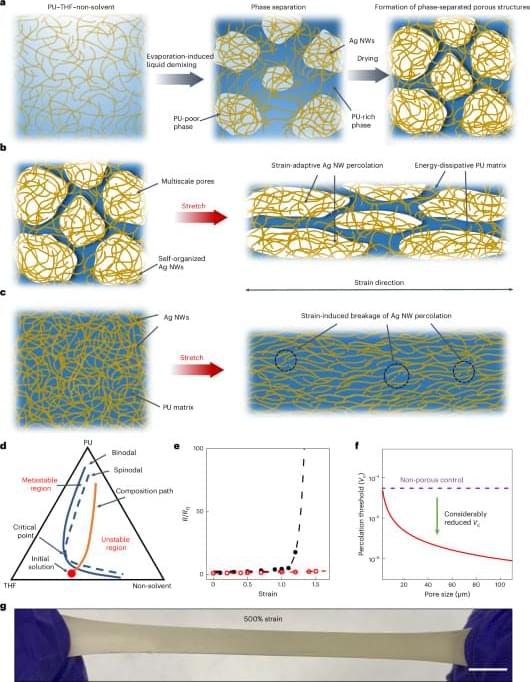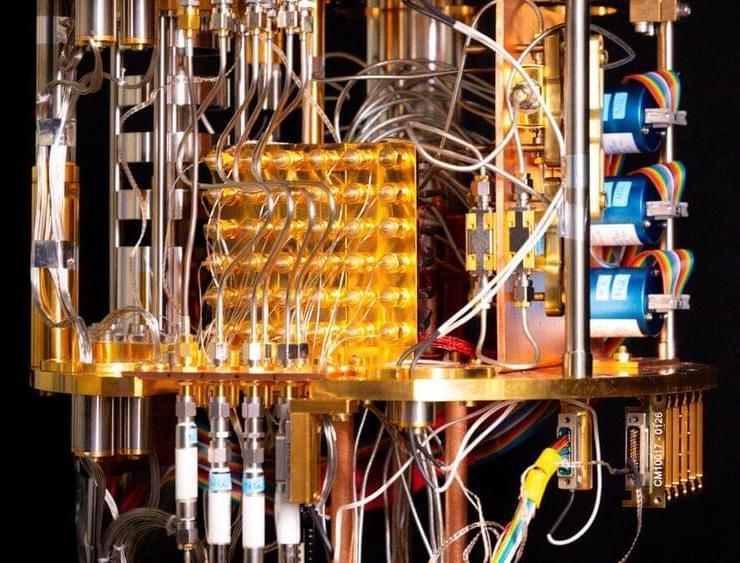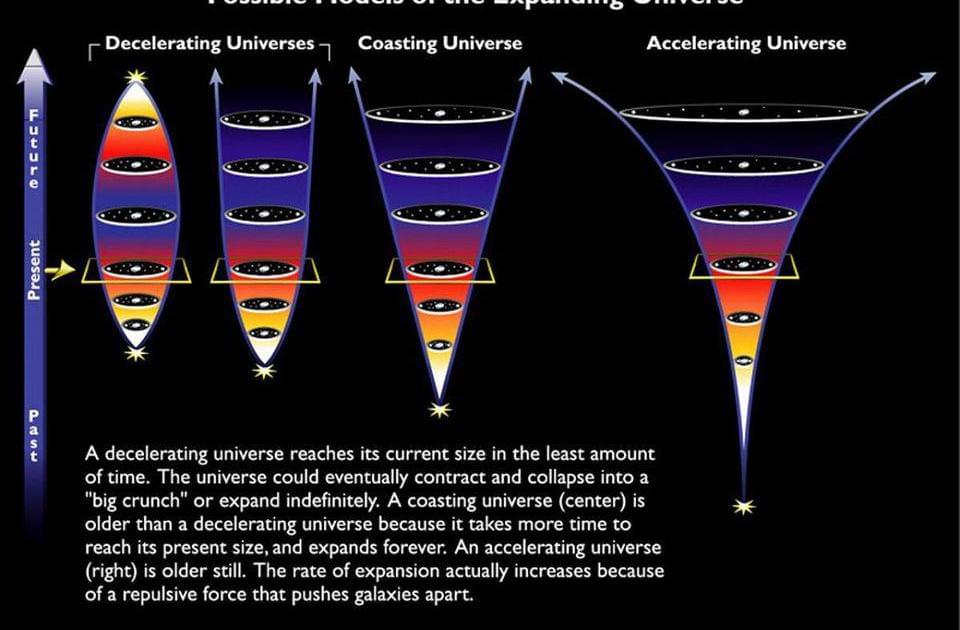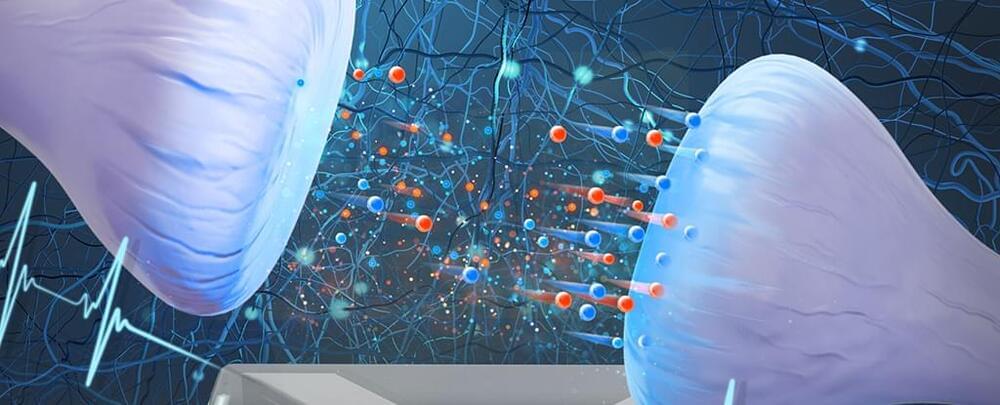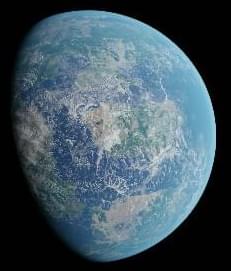Apr 29, 2024
We’re Looking at Brainwave Technology All Wrong
Posted by Zoltan Istvan in categories: biological, encryption, robotics/AI
Here’s my new Opinion article for Newsweek on brainwave technology and AI. Check it out!
Historically, our greatest strength is our biological form, tested and evolved over millions of years. Instead of spending resources searching for ways to connect technology directly to our minds, we could find ways to use technology to protect our biological thoughts and proclivity. That might mean faraday cages around our brains that no super intelligent AIs signals could crack—as well as encryption where our code perpetually changes randomly.
Another way to protect against AI is for humans to become like bugs—a concept recently explored in the Netflix series 3 Body Problem. Companies are already working on trying to scan the brain—down to its atoms—in real time. Eventually, the hope is we’ll be able to upload our consciousnesses into computers. There’s open debate whether an upload is the real you. But for purposes of protecting ourselves against AI, another important question is how many uploads of you would there be? If AI was inundated with trillions upon trillions of uploaded human minds, it’s possible, like bugs, AI would never win a battle to get rid all of us, even if it wanted to. There would simply be too many of us in the cloud, even if there was just one of us in the flesh.
Continue reading “We’re Looking at Brainwave Technology All Wrong” »


